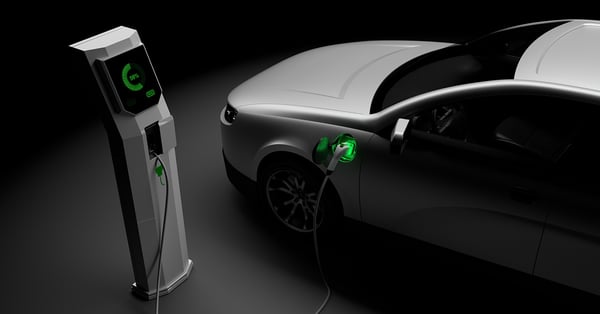
Stronger and longer-lasting batteries in EVs increase the vehicle’s market appeal, but the high-voltage energy systems are dangerous and even deadly if not handled correctly. The typical consumer worries that the risks of EVs outweigh their benefits, but they are not in any more danger in an electric vehicle than they are behind the wheel of a conventional combustion vehicle. Technicians and mechanics who produce and service electric vehicles are at more risk of harm than are the drivers of EVs.
The Real Risks of EVs
Electric and hybrid vehicles go through a rigorous testing and certification process that subjects batteries to conditions such as overcharge, vibration, extreme temperatures, short circuit, humidity, fire, collision, and water immersion. Manufacturers design and test these vehicles for safety so that all drivers and passengers have to worry about is buckling up.
However, there are real risks for the people conducting these tests. Lithium-ion batteries can release toxic and corrosive chemicals when damaged, and they have even been known to explode and cause fires. Extra care and consideration must be applied when working with the high-voltage energy systems in electric vehicles. Many technicians don't have any experience working with EVs, and that makes the safety training and evaluations for the engineers and the mechanics who manufacture and service EVs all the more important. Every aspect of the vehicle, from the battery to the air-bags, will run on electricity and potentially hold a dangerous charge even when the vehicle is turned off.
Training to Avoid High-Voltage Injuries
Manufacturers and service providers have a responsibility to train their employees to avoid such dangers during R&D, testing, production and repair. Their training should involve learning about risk reduction, such as identifying electrical hazards, and design optimisation.
There are three levels to high-voltage safety training:
- Level 1: Focuses on safety training for affected employees, those who perform non-electrical work on or around the electric vehicles
- Level 2: Covers qualified employees, certifying technicians who work with non-live equipment
- Level 3: Trains and certifies employees for live work on high-voltage EV systems
TÜV Rheinland trains employees in all three levels of safety certification. We also train electrician personnel in a special EV charging station installation certification, improving the EV infrastructure’s quality and reliability.
For more information, speak with our experts:



